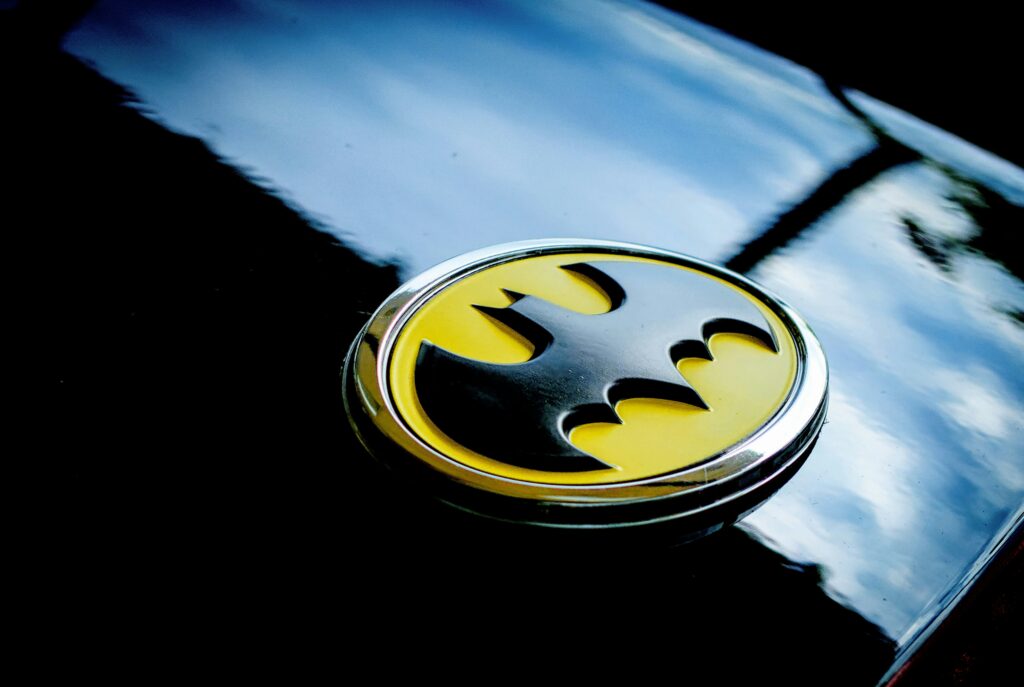
In the vast landscape of storytelling, there exists a quote that transcends its fictional origins to resonate deeply with the human experience: “You either die a hero or live long enough to see yourself become the villain.” These words, immortalized by Christopher Nolan’s film “The Dark Knight,” encapsulate a profound truth about the complexity of life’s journey.
At its core, this quote speaks to the inevitability of change and the inherent duality within each individual. It suggests that the very qualities that propel us to heroic heights—courage, righteousness, and selflessness—can, over time, erode into darker manifestations if left unchecked.
Consider the archetypal hero: a figure of inspiration and admiration, embarking on a noble quest to vanquish evil and uphold justice. In the initial stages of their journey, the hero embodies virtues that seem unassailable, impervious to the corrupting influence of power or time. Yet, as the narrative unfolds, cracks begin to form in their armor, revealing vulnerabilities and flaws previously concealed.
The hero’s descent into darkness is not sudden but gradual, a subtle shift imperceptible until it is too late. Perhaps it begins with compromises made in the name of expediency or the rationalization of questionable actions for the greater good. With each compromise, the line between heroism and villainy blurs, until eventually, the hero finds themselves on the other side of the moral divide.
But why does this transformation occur? One explanation lies in the very nature of human existence. We are not static beings but dynamic, shaped by the circumstances we encounter and the choices we make in response. The same qualities that drive us to greatness can, under different circumstances, lead us astray.
Moreover, the burdens of heroism are heavy indeed. The weight of expectation, the constant scrutiny of others, and the relentless demands of duty can wear down even the most resilient soul. In striving to meet these expectations, the hero may lose sight of their own humanity, sacrificing empathy and compassion in pursuit of their goals.
Yet, even as the hero succumbs to the allure of darkness, there remains a glimmer of hope. For in confronting their own fallibility, the hero is presented with an opportunity for redemption. Through acts of contrition and self-reflection, they may yet reclaim their lost nobility and emerge from the shadows, transformed but not irredeemable.
In this way, the journey from hero to villain becomes not just a cautionary tale but a profound exploration of the human condition. It reminds us that greatness is not immutable, nor is villainy absolute. Rather, it is our choices in the face of adversity that define us, shaping the narrative of our lives in ways both unforeseen and profound.
Ultimately, the quote “You either die a hero or live long enough to see yourself become the villain” serves as a poignant reminder of the complexities inherent in the human experience. It challenges us to confront our own capacity for both good and evil, and to strive for integrity and compassion in the face of adversity. For in the end, it is not the roles we play but the choices we make that truly define us.
Leave a Reply